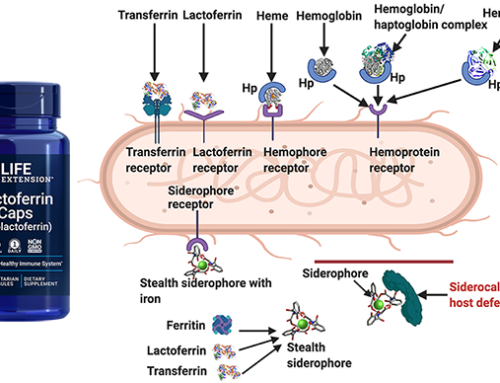In case you’re not familiar, intermittent fasting is an eating plan that incorporates at least 12 hours of fasting each day. Some people choose to go a few days without food, while others are content to stick to 12 hours or 16 hours without food.
Intermittent fasting can be a very healthy and convenient way to eat.
There are many health benefits from intermittent fasting, including weight loss, lower blood pressure, lower cholesterol, better blood sugar control, reduced inflammation, and the list goes on.
It turns out that adults don’t need to eat three meals every day in order to be healthy or at least not in the timeframe we’ve been taught!
Consider these tips:
- Begin by eliminating all food intake after dinner. An easy way to wade into the intermittent fasting waters is to call it quits after eating dinner. Assuming you eat dinner at 6:00pm, it’s only a few hours until bedtime. If you wake up at 6:00 in the morning, you’ve already fasted for 11-12 hours.
- Experiment with different eating/fasting schedules. 12 hours, 16 hours, eating during the week and fasting on the weekends, eating every day, eating one meal per day, and the list goes on. There are plenty of options out there. Start with whatever appeals to you and experiment. For a full ist of different formats and fasting schemes I recommend checking out Healthline’s website.
- An eating window that is too short could make it challenging to consume enough food. Eating one meal a day is a viable option for many people, but it can be difficult to ingest all the calories and nutrients needed to be healthy and maintain your body weight. Not to mention if you work out, which you should, you should be getting enough calories and protein before and after a workout.
- Consider giving yourself at least an 8-hour window to eat each day.
- Stay busy. If you reduce the number of meals you eat each day, you’ll be surprised by the extra time you have available to you. You might also find that eating is psychologically soothing for you. One of the best ways to handle both issues is to stay busy. Use the extra time wisely!
- Drink water freely. Just because you’re not eating as frequently doesn’t mean you can’t drink water to your heart’s content. Water is the best beverage to consume on an intermittent fast.
- Quality still matters. You might be cutting down on your meal frequency and the number of calories you consume each day, but that doesn’t mean you can eat whatever you like. The quality of food you put into your body still matters. In fact, it could matter even more now in order to get your necessary nutrition so be sure to get 6-8 vegetables and 2-3 fruit servings in within that 8-hour timeframe.
- View the fasting period as a rest for your mind and body. Fasting is more challenging if you view it as a sacrifice. You’re actually doing something wonderful for your mind and body. It’s restful, rejuvenating, and healthy.
- Exercise. You can still exercise, and you should. Your body requires exercise to stay strong, fit, and healthy. Workout as you normally would but do it within that 8-hour timeframe to ensure you’re getting proper nutrition before and after in order to recover from your workouts.
- Plan out your meals. One of the best tips for staying on track is planning out what you’re going to eat and when. Make plans for tomorrow right after you’ve had dinner tonight. You’ll be full and satisfied and more likely to make smart decisions.
- Expect some challenges. Have you ever noticed how the family dog knows when it’s dinner time? His body tells him that it’s time to eat. Your body does the same thing. It’s used to eating at a certain time. It will take some time for your body to get the message. Just keep trying.
Intermittent fasting is turning out to be an incredibly healthy way to eat. There are a variety of eating plans, but don’t let that intimidate you. Provided you’re going at least 12 hours without food each day, you’re getting a lot of benefit. I personally do a 12-hour fast during the week and a 16 hour fast on the weekend. Do a little more research and give intermittent fasting a try. Your body will thank you for it!







